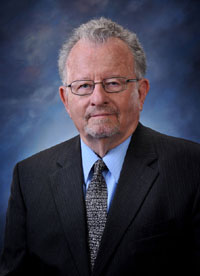
Looking at the broader scope of history, Judaism, Christianity and Islam emerged in the same area: we label it the Middle East today. The Hebrew experience prioritized surviving in the midst of powerful adversaries on all sides: Egypt, Assyria, Babyoinia, Persia and Hittites to name a few. By the first century CE, Christianty with its Jewish roots emerged when Rome was the imperial oppressor. Islam, the third sibling in the Abrahamic family of faiths, was born six hundred years later in the crossroads of trade and rivalry between Byzantines, Persians, Egyptians and others. The Prophet Mohammed learned from Jewish and Christian neighbors, and some believe that he was continuing the teachings of Judaism and Christianity; that he was the last of a long line of prophets from Abraham to Jesus (Issa in the Qur’an).
Following the emphasis in the Hebrew and Christian scriptures on justice, especially for the poor and oppresssed, Mohammed’s followers in seventh century CE, Mecca were from the poorer class which threatened the rulers to the point that the Prophet and his followers had to flee to Medina. Rather than “olive-picking” specific scriptures in the Bible and Qur’an, we should grasp the historical reality that all three faiths were born in “Third World” situations attempting to speak to the issues of suffering, oppression, and survival: why does God allow the growing gap between the rich and the poor?
Over many centuries, Christianity in Europe and North America took many forms, including “prosperity theology’” which empasized the connection between faith and how it should lead to wealth. After the end of World War Two and the dominance of North America, Europe and the Soviet Union, many Christians in what we call today “The Global South,” developed a theology that highlighted concerns for the poor, and liberation for the oppressed. They called it “Liberation Theology,” while many in the USA were quick to label it a “communist” misuse of the scriptures.
Looking through the lense of history, Libertion Theology is a “Back to the Bible/Qur’an” movement that began in Latin America, and was embraced by non-white South Africans, by some Black churches in the USA and by Christains in other parts of the world. While many are correctly raising the immediate moral issues around what is happening on our southern borders, we should also be asking: “What has the role of the USA been in the countries from which parents are willing to choose exodus and long treks through Mexico at the cost of loosing everything—including, most recently, their children?”
Henry H. Bucher, Jr., Ph.D.
Associate Professor Emeritus of Humanities